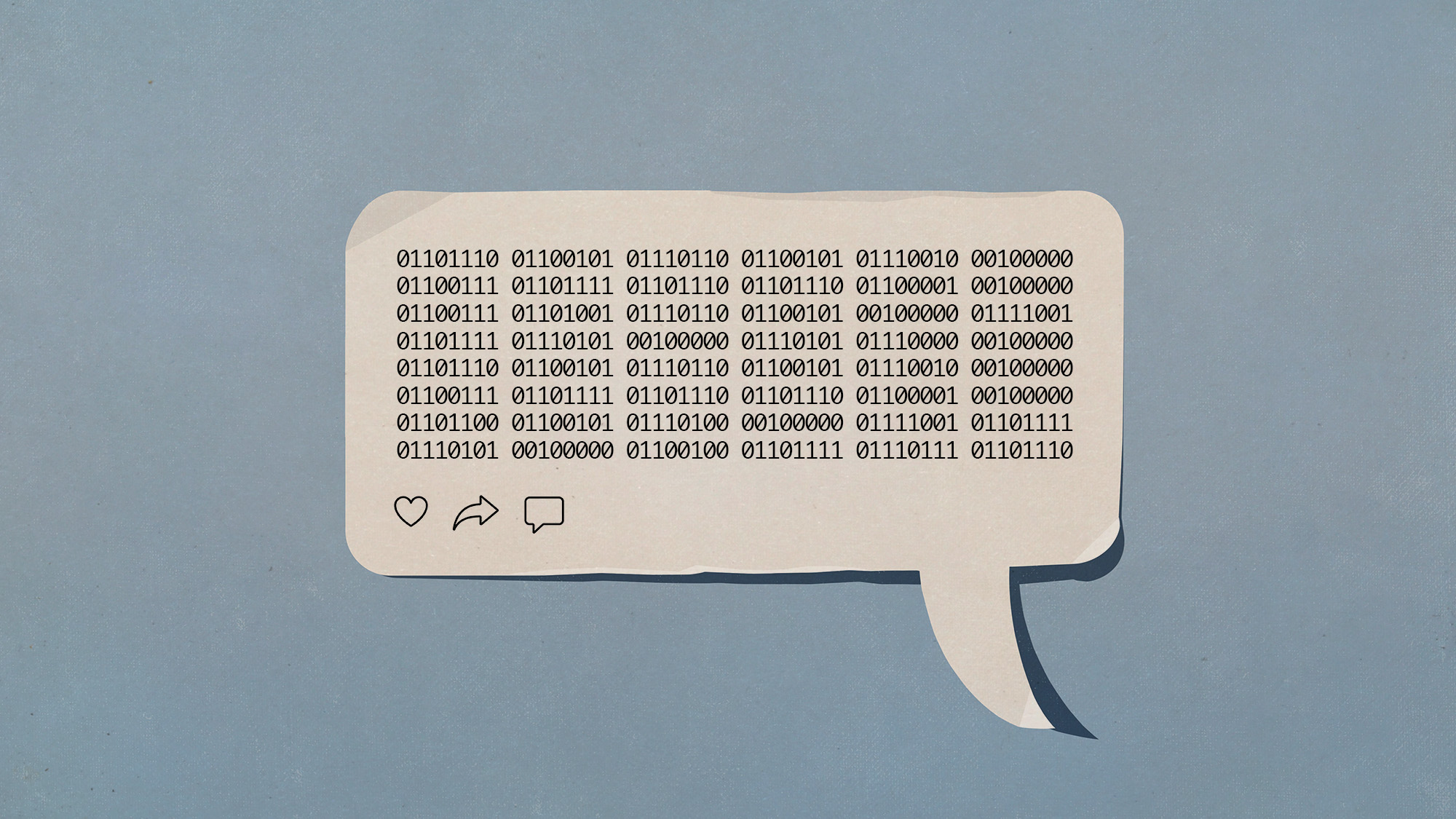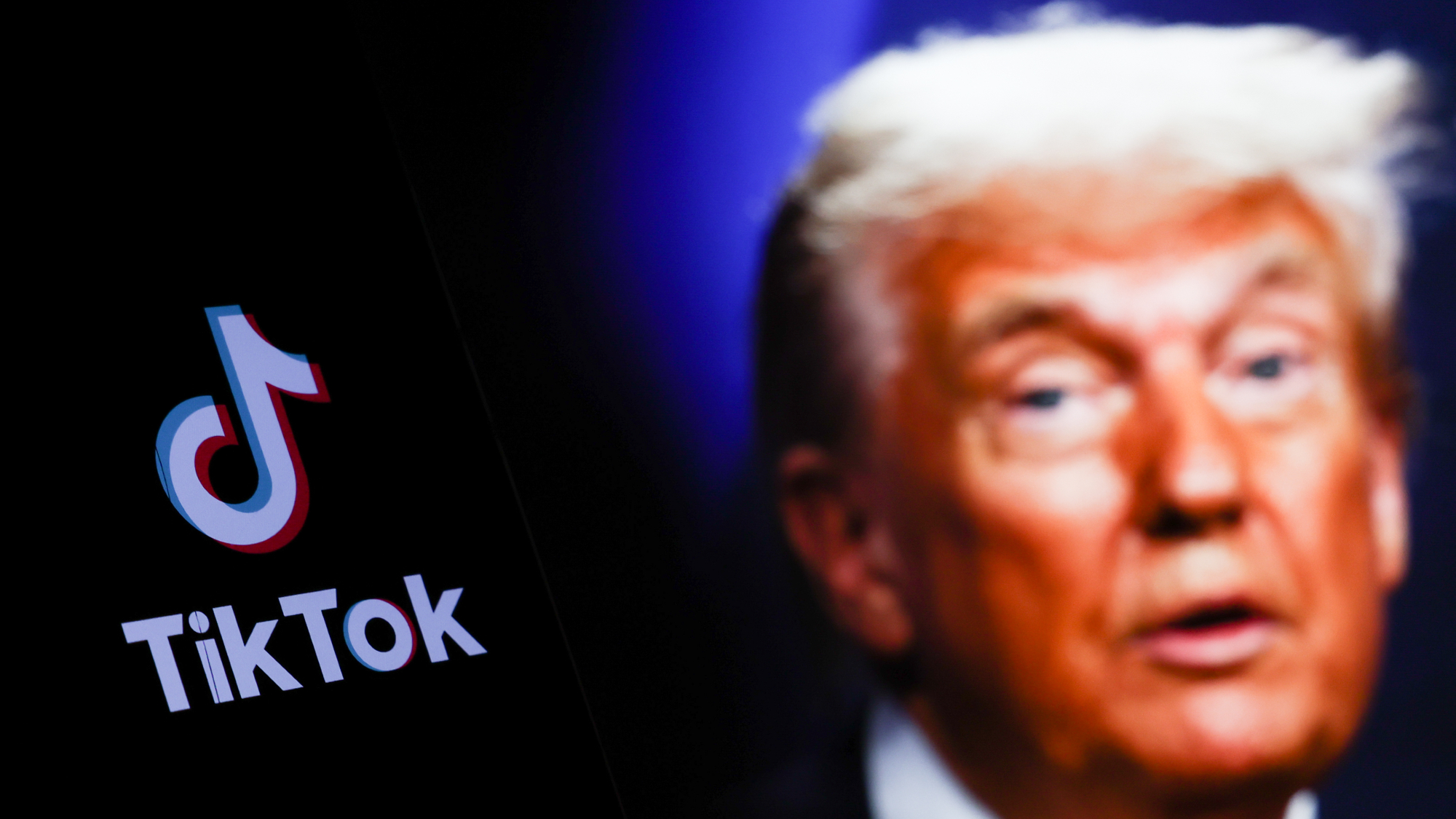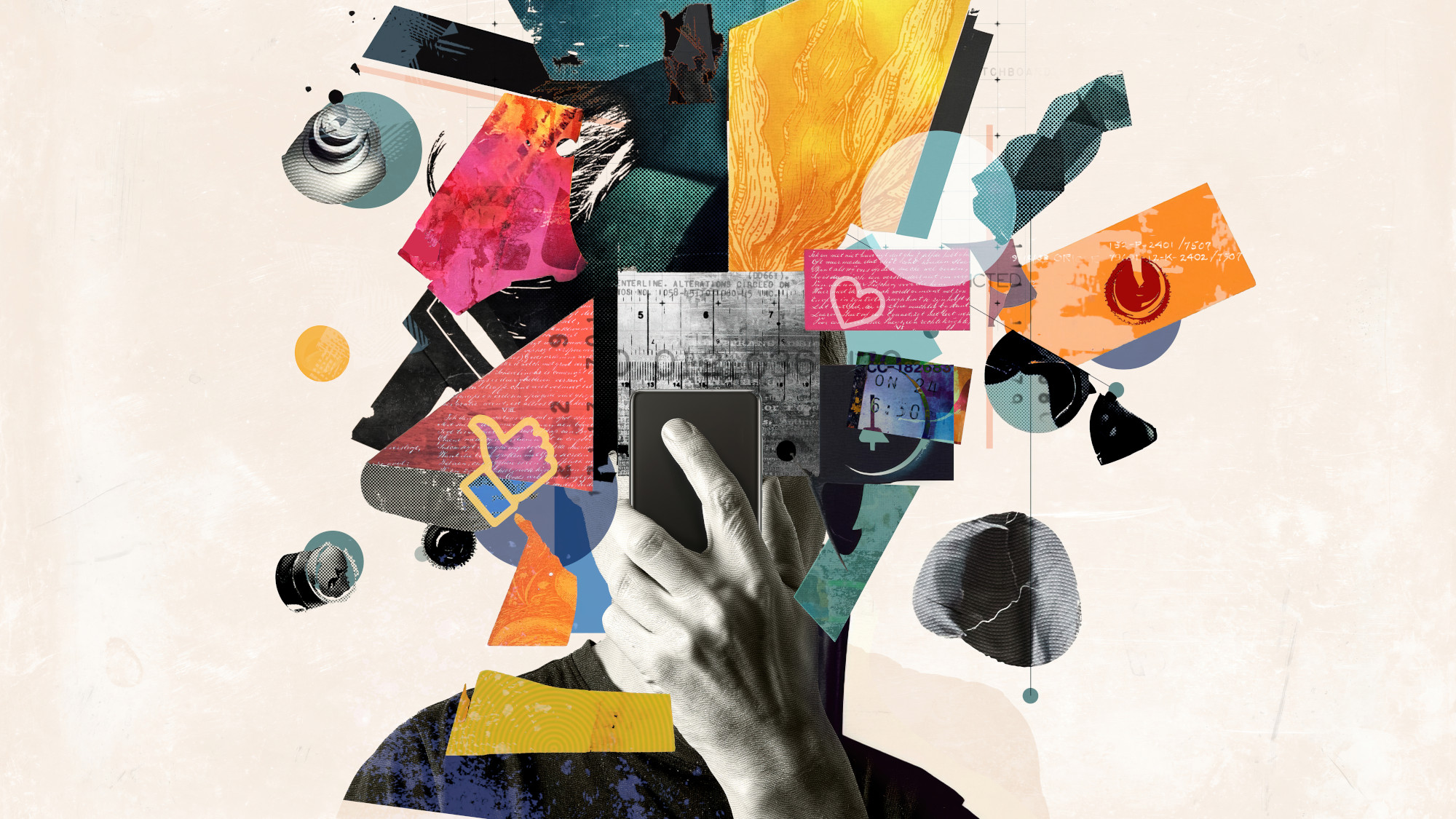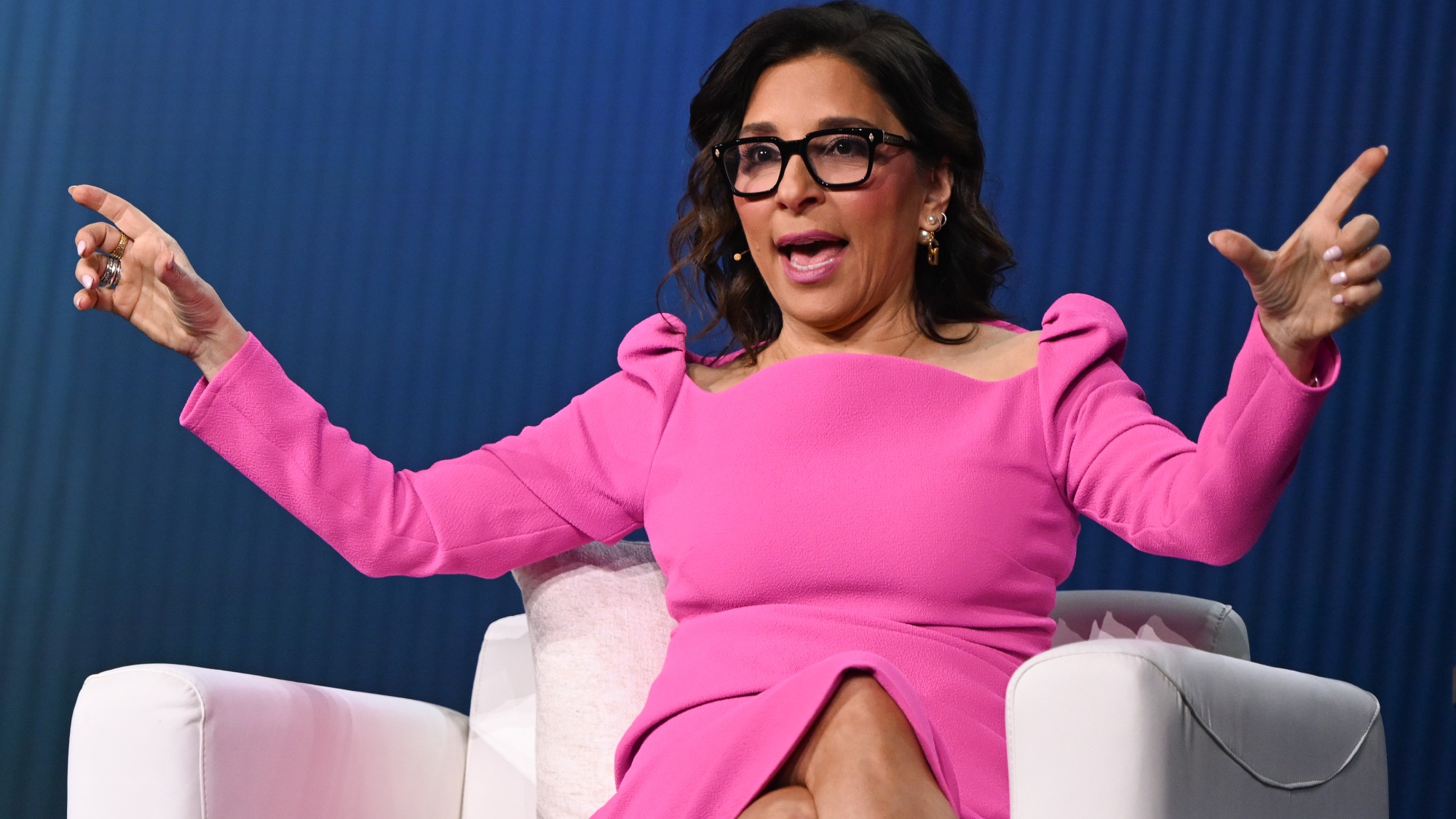What an all-bot social network tells us about social media
The experiment's findings 'didn't speak well of us', say experts

A free daily email with the biggest news stories of the day – and the best features from TheWeek.com
You are now subscribed
Your newsletter sign-up was successful
Why have social media platforms become so polarised? And, can they ever be fixed? These two questions are at the heart of a novel experiment at the University of Amsterdam.
The researchers simulated a social media platform, populated it entirely with AI chatbots and then kept tweaking it to see what happened. Sadly, their findings offered little suggestion that the networks on which we spend so much time scrolling will become more pleasant anytime soon.
'Dysfunctional effects'
To see if they could prevent their simulated platform from "turning into a polarised hellscape", the experts tried "six specific intervention strategies", said Futurism. These included "switching to chronological news feeds, boosting diverse viewpoints, hiding social statistics like follower counts, and removing account bios".
The Week
Escape your echo chamber. Get the facts behind the news, plus analysis from multiple perspectives.

Sign up for The Week's Free Newsletters
From our morning news briefing to a weekly Good News Newsletter, get the best of The Week delivered directly to your inbox.
From our morning news briefing to a weekly Good News Newsletter, get the best of The Week delivered directly to your inbox.
But, disappointingly, only some of the six strategies "showed modest effects" and others actually "made the situation even worse", said Ars Technica. When they ordered the news feed chronologically, "attention inequality" was reduced, but it led to the "amplification of extreme content". Boosting the diversity of viewpoints to "broaden users' exposure to opposing political views" had no significant impact at all.
The strategy of "bridging algorithms to elevate content that fosters mutual understanding rather than emotional provocation" significantly diminished the link between "partisanship and engagement" but slightly enhanced "viewpoint diversity", while also expanding "attention inequality".
Overall, the results were "far from encouraging" and none of the methods implemented was able to "fully disrupt the fundamental mechanisms producing the dysfunctional effects" of social media platforms.
'Evil things'
The researchers went into the project wondering whether the problems with social media are "the platforms doing evil things with algorithms" or users "choosing that we want a bad environment", one of the report's co-authors, Petter Törnberg, told Ars Technica.
A free daily email with the biggest news stories of the day – and the best features from TheWeek.com
But they found that the answer doesn't have to be either because "often the unintended outcomes" come from interactions "based on underlying rules". It’s "not necessarily because the platforms are evil" or because people "want to be in toxic, horrible environments", but more that the "mechanism producing these problematic outcomes is really robust and hard to resolve". It comes down to the basic structure of the platforms.
The findings "don’t exactly speak well" of humans, said Gizmodo, considering the chatbots were meant to clone how we interact. So, it seems social media may just be illogical for us to "navigate without reinforcing our worst instincts and behaviours".
It's "a fun house mirror for humanity" that "reflects us, but in the most distorted of ways". And it might just be that there are no lenses "strong enough" to "correct how we see each other online".
Chas Newkey-Burden has been part of The Week Digital team for more than a decade and a journalist for 25 years, starting out on the irreverent football weekly 90 Minutes, before moving to lifestyle magazines Loaded and Attitude. He was a columnist for The Big Issue and landed a world exclusive with David Beckham that became the weekly magazine’s bestselling issue. He now writes regularly for The Guardian, The Telegraph, The Independent, Metro, FourFourTwo and the i new site. He is also the author of a number of non-fiction books.
-
 How the FCC’s ‘equal time’ rule works
How the FCC’s ‘equal time’ rule worksIn the Spotlight The law is at the heart of the Colbert-CBS conflict
-
 What is the endgame in the DHS shutdown?
What is the endgame in the DHS shutdown?Today’s Big Question Democrats want to rein in ICE’s immigration crackdown
-
 ‘Poor time management isn’t just an inconvenience’
‘Poor time management isn’t just an inconvenience’Instant Opinion Opinion, comment and editorials of the day
-
 Moltbook: The AI-only social network
Moltbook: The AI-only social networkFeature Bots interact on Moltbook like humans use Reddit
-
 Are Big Tech firms the new tobacco companies?
Are Big Tech firms the new tobacco companies?Today’s Big Question A trial will determine whether Meta and YouTube designed addictive products
-
 Is social media over?
Is social media over?Today’s Big Question We may look back on 2025 as the moment social media jumped the shark
-
 Australia’s teen social media ban takes effect
Australia’s teen social media ban takes effectSpeed Read Kids under age 16 are now barred from platforms including YouTube, TikTok, Instagram, Facebook, Snapchat and Reddit
-
 Trump allies reportedly poised to buy TikTok
Trump allies reportedly poised to buy TikTokSpeed Read Under the deal, U.S. companies would own about 80% of the company
-
 Broken brains: The social price of digital life
Broken brains: The social price of digital lifeFeature A new study shows that smartphones and streaming services may be fueling a sharp decline in responsibility and reliability in adults
-
 Supreme Court allows social media age check law
Supreme Court allows social media age check lawSpeed Read The court refused to intervene in a decision that affirmed a Mississippi law requiring social media users to verify their ages
-
 What's Linda Yaccarino's legacy? And what's next for X?
What's Linda Yaccarino's legacy? And what's next for X?Today's Big Question An 'uncertain future' in the age of TikTok